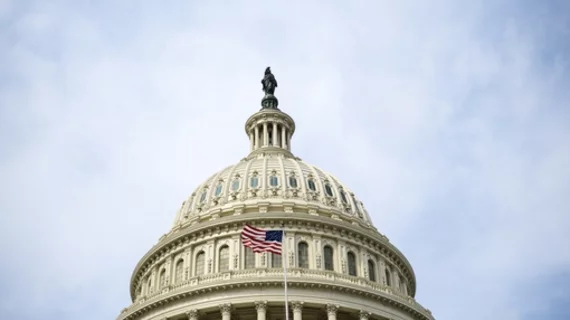Hospitals team up in surprise billing framework
A group of hospital associations sent a letter to Congress outlining their joint position to utilize a new set of principles to protect patients from surprise billing.
The groups included the American Hospital Association, America’s Essential Hospitals, the Association of American Medical Colleges, Catholic Health Association of the United States, Children’s Hospital Association and the Federation of American Hospitals. Surprise billing, according to the hospital groups, occurs when patients receive care from an out-of-network provider or when their insurer fails to cover some services.
“The last thing a patient should worry about in a health crisis is an unanticipated medical bill,” AHA President and CEO Rick Pollack said in a statement. “We must protect patients from surprise bills that could unintentionally impact their out-of-pocket costs and undermine the trust and confidence patients have in their caregivers.”
The letter comes at a time when surprise billing has grabbed headlines over the last year, with patients around the country receiving sky-high medical bills months after receiving emergency care. In the case of one San Francisco-based patient who had insurance coverage, a bill that topped $20,000 for care she received after a bike accident revealed the aggressive billing tactics of the hospital, Zuckerberg San Francisco General Hospital, which does not contract with any private insurer. The media coverage led the hospital to drop the bill to $200––the amount the patient would have paid had she been billed in-network—and the hospital temporarily paused its billing practices.
New principles
To “help inform the debate regarding surprise billing,” the hospital associations came up with a set of principles, which were also included in the joint letter to Congress. They also voiced their support for federal legislation to better protect patients from surprise billing.
The principles for a legislative solution include:
- Define surprise bills
- Protect the patient financially
- Ensure patient access to emergency care
- Preserve the role of private negotiation
- Remove the patient from health plan/provider negotiations
- Educate patients about their healthcare coverage
- Ensure patients have access to comprehensive provider networks and accurate network information
- Support state laws that work
“On behalf of our member hospitals, health systems and other health care organizations, we are fully committed to protecting patients from ‘surprise bills’ that result from unexpected gaps in coverage or medical emergencies,” the letter reads. “We appreciate your leadership on this issue and look forward to continuing to work with you on a federal legislative solution.”
See the full principles here.

